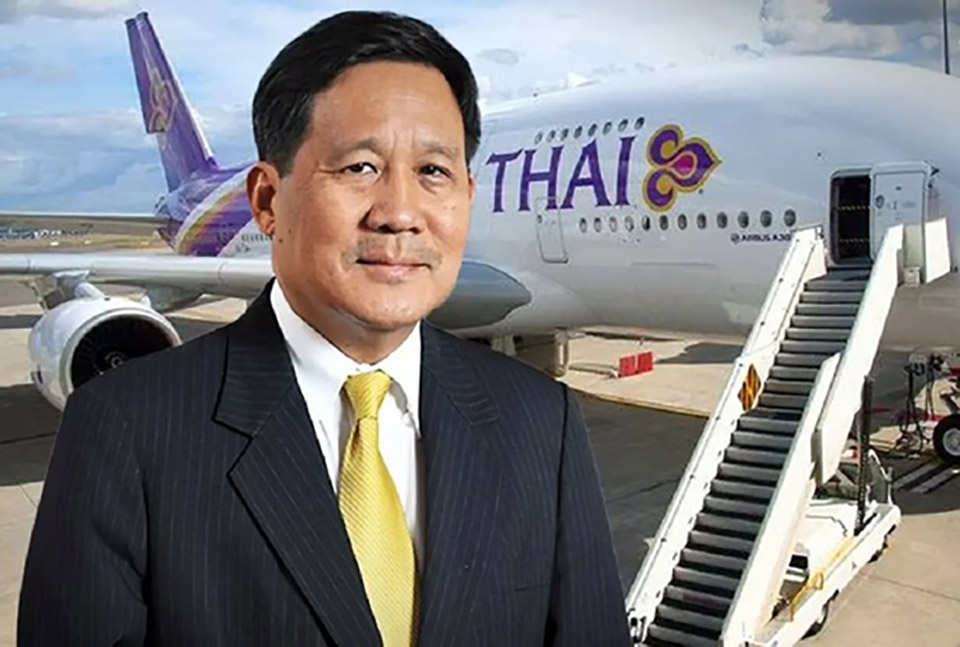
BANGKOK, Thailand – Thai Airways International Public Co., Ltd. is poised to exit its rehabilitation process next year, according to Piyasvasti Amranand, Chairman of the Rehabilitation Plan Administrators, September 13. The airline, which celebrated its 60th anniversary in 2020, has been in restructuring since September 14, 2020, due to financial difficulties exacerbated by the COVID-19 pandemic.
Rehabilitation Progress and Future Plans
Piyasvasti revealed that Thai Airways has made significant strides in its rehabilitation plan, which includes restructuring the organization, reducing its workforce from 30,000 to 15,000, and later adjusting to 17,000 employees. The airline has streamlined its operations and aims to increase its fleet from 79 to 100 aircraft by 2027.
The rehabilitation plan includes four key conditions for successful completion:
- Capital Increase: The company must register increased capital and secure new loans as outlined in the plan.
- Debt Repayment: It must maintain debt payments without default for five years.
- EBITDA Performance: Thai Airways needs to achieve an EBITDA of at least 20 billion baht annually for two years before the plan’s success is reported.
- New Board Appointment: A new board must be appointed if there is a change in shareholders.
Currently, Thai Airways has met its EBITDA target and is working on turning its equity positive. The company plans to issue bonds and convert debt to equity, aiming to raise 80 billion baht, which will turn its equity positive.
Stock Market Return and Capital Restructuring
Thai Airways is preparing to file for a stock market listing, with plans to submit its filing to the Securities and Exchange Commission (SEC) and the Stock Exchange of Thailand (SET) by September 30. The company aims to begin the rights offering and debt conversion process in November, with stock trading expected to resume in the second quarter of 2025.
The capital restructuring involves converting debt into equity at a rate of 2.5452 baht per share. The restructuring plan includes converting debt held by the Ministry of Finance and other creditors into equity. The Ministry’s stake will be reduced from 48% to 30-40%, with the goal of moving away from its state enterprise status.
Future Directions
Piyasvasti emphasized that Thai Airways will transition to operate as a private entity, free from government interference. The company will avoid reverting to its previous state enterprise model, which he believes does not support effective management.
He also indicated that the airline is in talks with potential international partners to acquire shares, focusing on entities with airline industry expertise. This strategy aims to ensure ongoing profitability and debt repayment capabilities.
Piyasvasti noted that the lessons learned from past mistakes include the importance of skilled management. The airline will prioritize appointing competent leaders to avoid repeating past issues.








